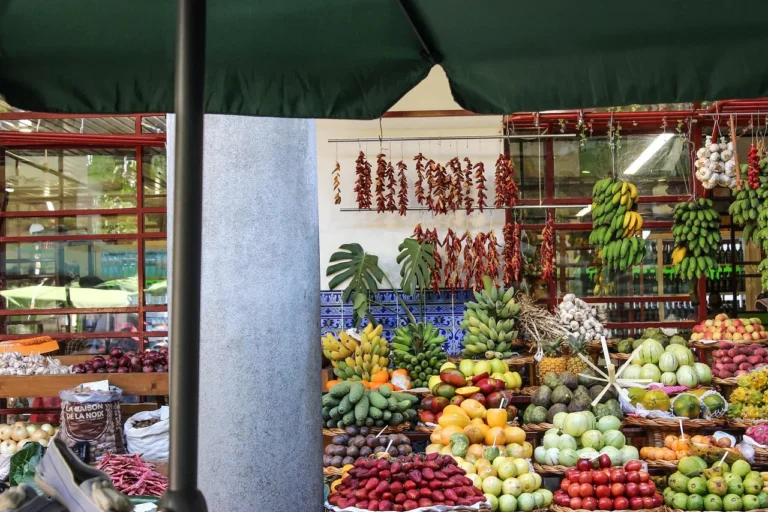
Astra Agro has partnered with micro, small, and medium enterprises (MSMEs) to support the traditional rattan weaving craft of the Dayak Tomun community. This collaboration aims to promote cultural tourism and enhance the creative economy centered around the unique art form of rattan weaving in Central Kalimantan.
In partnership with the Government of North Arut District (Aruta) in West Kotawaringin Regency (Kobar), Astra Agro is facilitating annual rattan weaving training sessions for the Dayak Tomun community in three villages within the sub-district. The initiative seeks to preserve and promote the cultural heritage of the Dayak tribe by turning rattan weaving into a tourism asset that can boost local livelihoods.
Febriansyah, the Community Development Area Manager of Astra Agro’s Central Kalimantan Region, highlighted the importance of rattan weaving in the Dayak tribe’s cultural identity. He emphasized the potential for this craft to become a cornerstone of cultural tourism. “Through creative economic development, we can transform this art form into a tourism experience that supports the welfare of the Dayak Tomun community,” he explained during a visit to Pangkalan Bun on Friday.
The training is being led by two Astra Agro subsidiaries in Central Kalimantan: PT Surya Indah Nusantara Pagi and PT Persadabina Nusantara Abadi (PT SINP-PBNA). These companies are playing a vital role in the development of local artisans by enhancing their skills and expanding their market reach.
Rattan has long been a crucial material for the Dayak tribe, particularly the Tomun Dayak community. Traditionally, it is used in various aspects of Dayak life, from crafting functional and decorative items to being incorporated into rituals and ceremonies. It also plays a role in food preparation. Over time, woven rattan has gained popularity as a souvenir for tourists seeking a piece of the region’s cultural heritage. Today, Dayak rattan weaving is not only a symbol of local craftsmanship but also embodies the cultural, spiritual, and community values of the Dayak Tomun tribe.
Wawan, the Head of the Welfare Section for North Arut Sub-district, emphasized that the collaboration with PT SINP-PBNA has been a driving force behind the enhancement of local knowledge and marketing strategies for these traditional crafts. He added that the partnership is evolving into a broader initiative to establish a cultural and natural tourism village in the Pangkalan Bun area.
“This collaboration is crucial in creating a tourism village that integrates both nature and culture, providing visitors with an authentic and enriching experience,” Wawan noted. The development of the tourism village aims to highlight the unique aspects of the Dayak Tomun’s traditions and their relationship with the environment, offering a comprehensive tourism package that incorporates both natural beauty and cultural heritage.
To promote this initiative, PT SINP-PBNA and the North Arut Sub-district government are working closely with local tour operators. This partnership includes promoting the tourism village through expos and tourism agents to attract more visitors to the region.
The tourism village will feature a variety of attractions, including souvenir shops where tourists can purchase traditional rattan goods such as bags, bracelets, and hats. These items are unique to the Dayak Tomun culture and serve as tangible representations of the region’s heritage. Additionally, visitors will have the rare opportunity to visit a rattan weaver’s workshop, gaining insight into the intricate processes involved in creating these handcrafted items.
Wawan expressed enthusiasm about the tourism prospects, noting, “This initiative offers tourists a chance to experience firsthand the craftsmanship of rattan weaving and the cultural richness of the Dayak Tomun community.”
Through these efforts, Astra Agro and its partners are contributing to the preservation and development of a vital cultural tradition while fostering economic growth and tourism in Central Kalimantan. By blending culture with tourism, the initiative not only supports the Dayak Tomun community’s livelihood but also showcases the deep-rooted heritage of this indigenous group, which continues to thrive through the artistry of rattan weaving.






